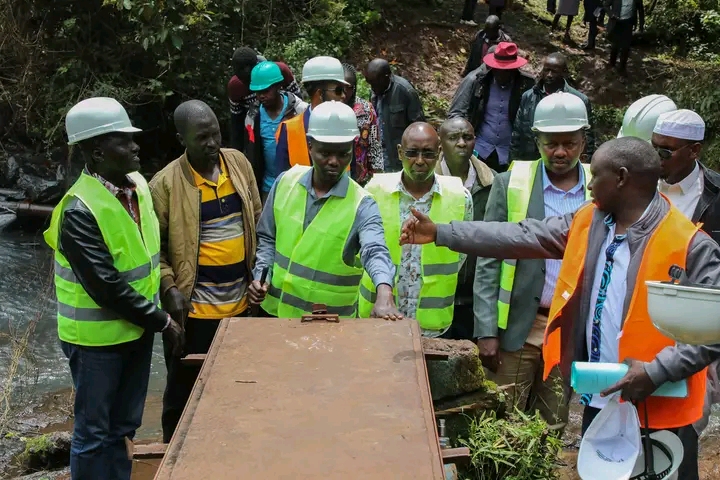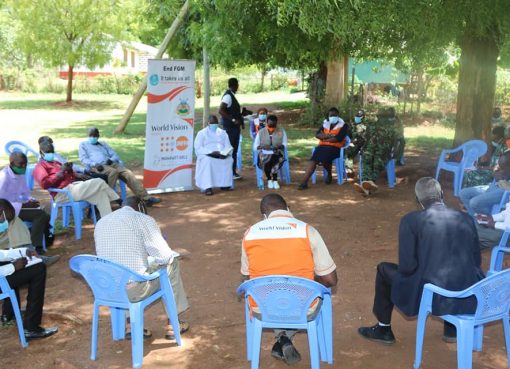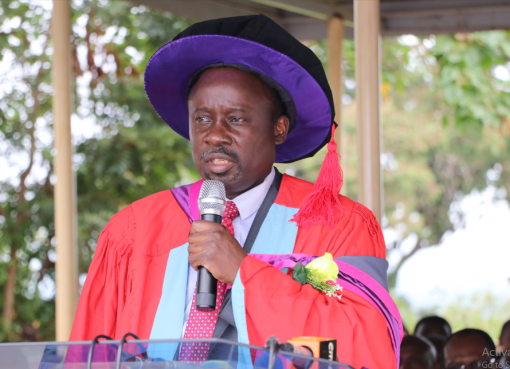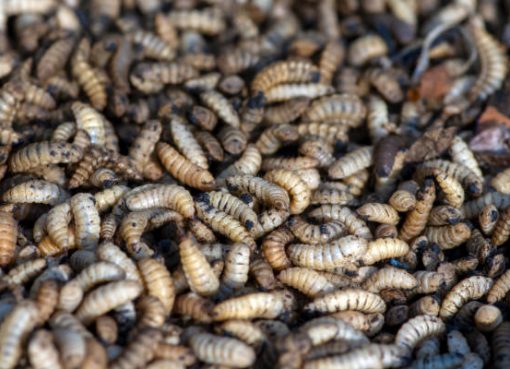The Kerio Valley Development Authority (KVDA) will spend Sh100 million to construct the Chebagon dam and rehabilitate another one in Emsoo in Keiyo North Sub County.
The project’s Managing Director (MD), Sammy Naporos, said once complete, Emsoo Dam, which will cost Sh59 million, and Chebagon, costing Sh41 million, will serve over 12,000 households and put approximately 1,200 acres under irrigation.
Speaking during the launch of the projects at Emsoo Dam, Naporos said works at the ongoing existing project include extension of the water pipes to expand the distribution to a distance of 24 km.
He added that the authority would construct six tanks and undertake renovation of the existing pipes along Kapchelal and Kokwao sub-locations.
The MD added that they were encouraging the growing of fruit trees, citing mangoes, avocadoes, and passion to help boost food security as the government intends to supply seedlings to farmers in the area.
The KVDA Chairman, Mark Chesergon, said the project would economically empower residents.
Elgeiyo Marakwet Governor Wisley Rotich said each farmer is set to earn approximately Sh25,000 through fruit cultivation.
The Governor called on the County Assembly to legislate strict laws which will guard against selfish individuals from disadvantaging the poor through diversion of water meant for irrigation projects.
The Chairman of the Emsoo Water Project, Alex Ngeno, welcomed the extension of the project, which was started by World Vision in 2017, saying it was serving a few people but now, with its expansion, would serve a larger population, including schools and the local dispensary.
He said farmers in the area mainly engaged in tomato, bean, onion, and vegetable farming, and therefore, with sufficient water supply, production would be increased for improved livelihoods.
Ngeno said apart from farmers, it will offer indirect employment to boda boda riders who would be engaged in transporting the farm produce to markets.
He said for a long time, residents have been spending a lot of money to search for water, at first using donkeys and most recently boda bodas.
One Peris Biwott said they were elated as they would no longer worry about their crops drying up because of the lack of sufficient rainfall characterised in the region.
By Alice Wanjiru





